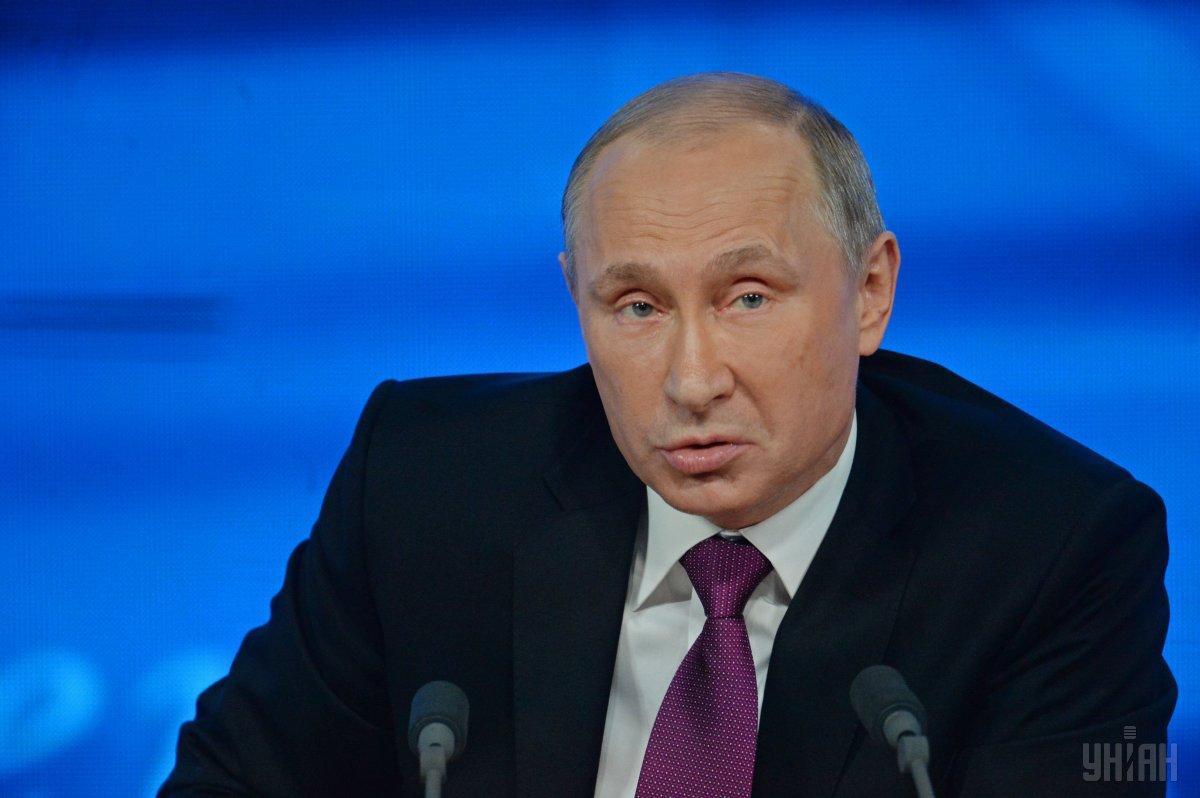
Serbian President Aleksandar Vucic staged a lavish welcome for Vladimir Putin on Thursday - even presenting the visiting Russian leader with a puppy - in what critics called a bid to deflect attention from weeks of anti-government protests.
Serbia has been performing a delicate balancing act between its ambition to join its biggest trading partner the European Union, and its historical ties with Russia, which shares its Orthodox Christian faith and backed it diplomatically during a 1999 NATO bombing campaign, Reuters reports.
Displaying his close relationship with Putin is particularly important for Vucic, a former ultranationalist who abruptly switched sides to become a leading advocate of closer relations with the EU but who still relies on rightwing support.
Vucic has faced weeks of protests against his rule by supporters of both the liberal and nationalist camps. Demonstrating his warm ties with Russia could help him counter accusations of selling out Serbia’s interests to the West.
Read alsoNord Stream 2 kills Ukraine – Poland's Foreign Minister
Putin promised to invest $1.4 billion in gas transport infrastructure in Serbia, which now buys all its natural gas from Russia via a pipeline over Ukraine, and hopes to be hooked up to the TurkStream gas pipeline being built from Russia to Turkey across the Black Sea.
Although today Russia is only Serbia’s fifth largest trading partner, Serbs have looked to fellow Orthodox Christian Russia as a patron and ally throughout centuries of history in a Balkan region also home to Catholics and Muslims.
Putin said Moscow will fully support Serbia in finding solutions for unresolved issues with its former province Kosovo, which declared independence in 2008.
Serbia withdrew its troops from Kosovo after the 1999 bombing campaign by NATO, which accused Belgrade of carrying out abuses during a campaign against ethnic Albanian insurgents. Belgrade has not recognized Kosovo’s independence but has accepted the EU requirement that it normalize relations in practice with the former province in order to join the bloc.

